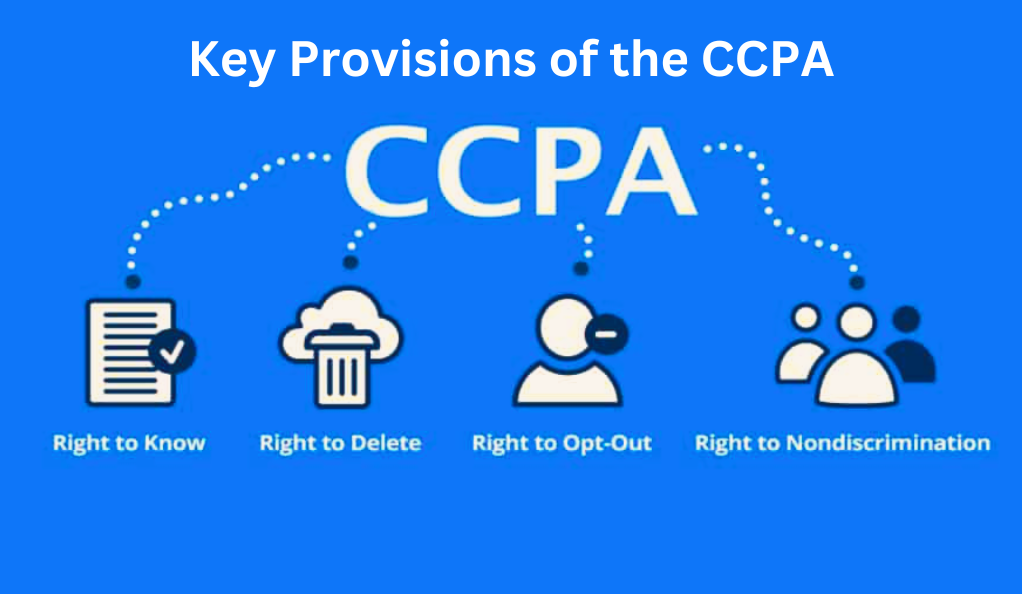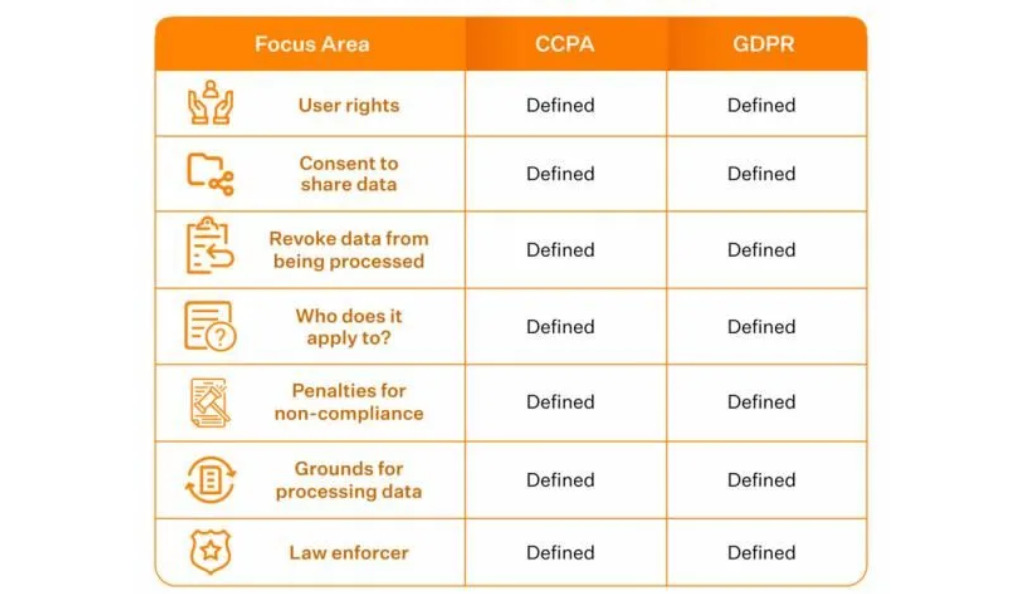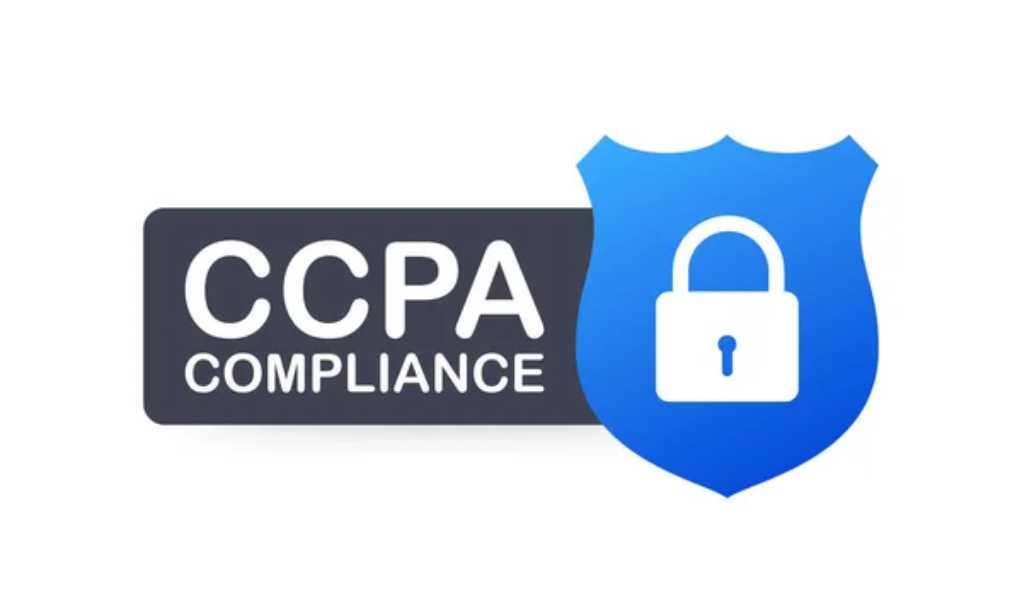The California Consumer Privacy Act (CCPA) stands as a testament to California’s commitment to safeguarding its residents’ digital rights. Introduced in 2018 and coming into effect on January 1, 2020, the CCPA has been a game-changer in the landscape of digital privacy laws in the United States. While it draws inspiration from global data protection regulations, it carries its unique nuances tailored to address the specific concerns of California residents. As more states and countries observe its implementation, the CCPA might very well set the gold standard for future digital privacy laws worldwide.
Key Provisions of the CCPA
At its core, the CCPA is designed to grant consumers unprecedented control over their personal data. The legislation is built around three foundational rights:
- Right to Know: This provision empowers consumers by allowing them to request businesses to disclose the categories and specific pieces of personal information collected about them. It’s a step towards ensuring transparency in data collection practices.
- Right to Delete: Going a step further, the CCPA allows consumers to ask businesses to erase their personal information. While there are exceptions, this right underscores the principle of data minimization.
- Right to Opt-Out: In a world where data is often monetized, consumers can now direct businesses not to sell their personal information, giving them a say in how their data is used commercially.

Who Does the CCPA Affect?
The CCPA’s reach is extensive, impacting a wide range of businesses. It applies to any business, irrespective of its geographical location, that collects personal information of California residents and meets specific criteria. For instance, a company with gross annual revenues exceeding $25 million falls under its purview. Similarly, entities that buy, receive, or sell personal information of over 50,000 California residents annually are also affected. Lastly, if a business derives more than half of its annual revenues from selling such information, it must comply with the CCPA. This broad scope ensures that a majority of businesses dealing with Californians’ data are held accountable.
Implications for Businesses
For businesses, the CCPA is not just another regulation; it signifies a paradigm shift in how they handle consumer data. The emphasis on transparency means that companies must be forthright about their data collection, usage, and sharing practices. This could necessitate significant operational changes, especially for businesses that relied heavily on data monetization strategies. Moreover, the penalties for non-compliance are steep. With fines reaching up to $7,500 per violation, businesses have a strong financial incentive to ensure they adhere to the CCPA’s provisions.
Benefits for Consumers
From a consumer perspective, the CCPA is a monumental win. It not only grants them greater control over their data but also fosters a more transparent digital ecosystem. Knowing where and how their data is being used can significantly enhance consumer trust in businesses. Moreover, with the right to opt-out of data sales, consumers can now make informed choices about who gets access to their information and for what purpose.
CCPA vs. GDPR
The CCPA and the European Union’s General Data Protection Regulation (GDPR) are often juxtaposed, given their focus on data protection. While there are similarities, key differences set them apart. The GDPR has a broader scope, applying to any organization operating within the EU. In contrast, the CCPA is tailored for California residents. Moreover, the GDPR’s provisions are more exhaustive, covering aspects not explicitly addressed by the CCPA.

Challenges in Implementation
Implementing the CCPA is no small feat for businesses. One of the primary challenges lies in data mapping. Companies must have a comprehensive understanding of where all personal data resides, which can be a Herculean task, especially for large enterprises. Additionally, ensuring ongoing compliance isn’t a one-time effort. It requires continuous monitoring, periodic audits, and adjustments to align with evolving interpretations of the law.
Future of Digital Privacy in the U.S.
The CCPA’s introduction has sparked a broader conversation about digital privacy in the U.S. As its implications become clearer, other states are mulling over similar legislation. This growing momentum could very well culminate in a federal data privacy law, harmonizing regulations across states and offering consistent protections to all U.S. residents.
Best Practices for Compliance
Ensuring CCPA compliance is an ongoing journey. Regular audits are crucial to identify potential gaps in data management practices. Moreover, employee education is paramount. All staff members, especially those handling consumer data, must be well-versed with the CCPA’s requirements, ensuring that compliance is woven into the company’s fabric.
Conclusion
The CCPA is more than just a regulation; it’s a statement about the value of digital privacy. While it poses challenges for businesses, it also offers a unique opportunity. By embracing transparency and responsible data handling practices, businesses can foster trust and build stronger relationships with their consumers.
FAQs
The CCPA was introduced to address growing concerns about digital privacy. Its primary objective is to empower California residents by granting them greater control over their personal data. This includes understanding how their data is collected, used, and shared by businesses. The legislation also seeks to foster a transparent digital ecosystem where consumers can make informed decisions about their data.
Both the CCPA and the GDPR are landmark regulations in the realm of digital privacy. However, they differ in scope and provisions. While the GDPR is a comprehensive regulation applicable to any organization operating within the EU, the CCPA is specific to businesses dealing with California residents. Moreover, the GDPR has more exhaustive provisions, covering areas not explicitly addressed by the CCPA.
The CCPA has stringent penalties for businesses that fail to comply. For each unintentional violation, businesses can face fines of up to $2,500. If the violation is deemed intentional, the penalty can soar to $7,500 per violation. These penalties underscore the importance of adhering to the CCPA’s provisions and ensuring consumer data protection.
Yes, the CCPA’s reach is not limited to businesses based in California. Any business, irrespective of its location, that collects personal information from California residents and meets specific criteria (like revenue thresholds or data transaction volumes) must comply with the CCPA. This global applicability ensures that Californians’ data is protected, regardless of where the business is headquartered.
Absolutely. One of the CCPA’s cornerstone provisions is the “Right to Delete.” Consumers can request businesses to erase their personal information. While there are certain exceptions based on business needs or legal requirements, this right emphasizes the principle of data minimization and gives consumers a significant say in their data’s lifecycle.








